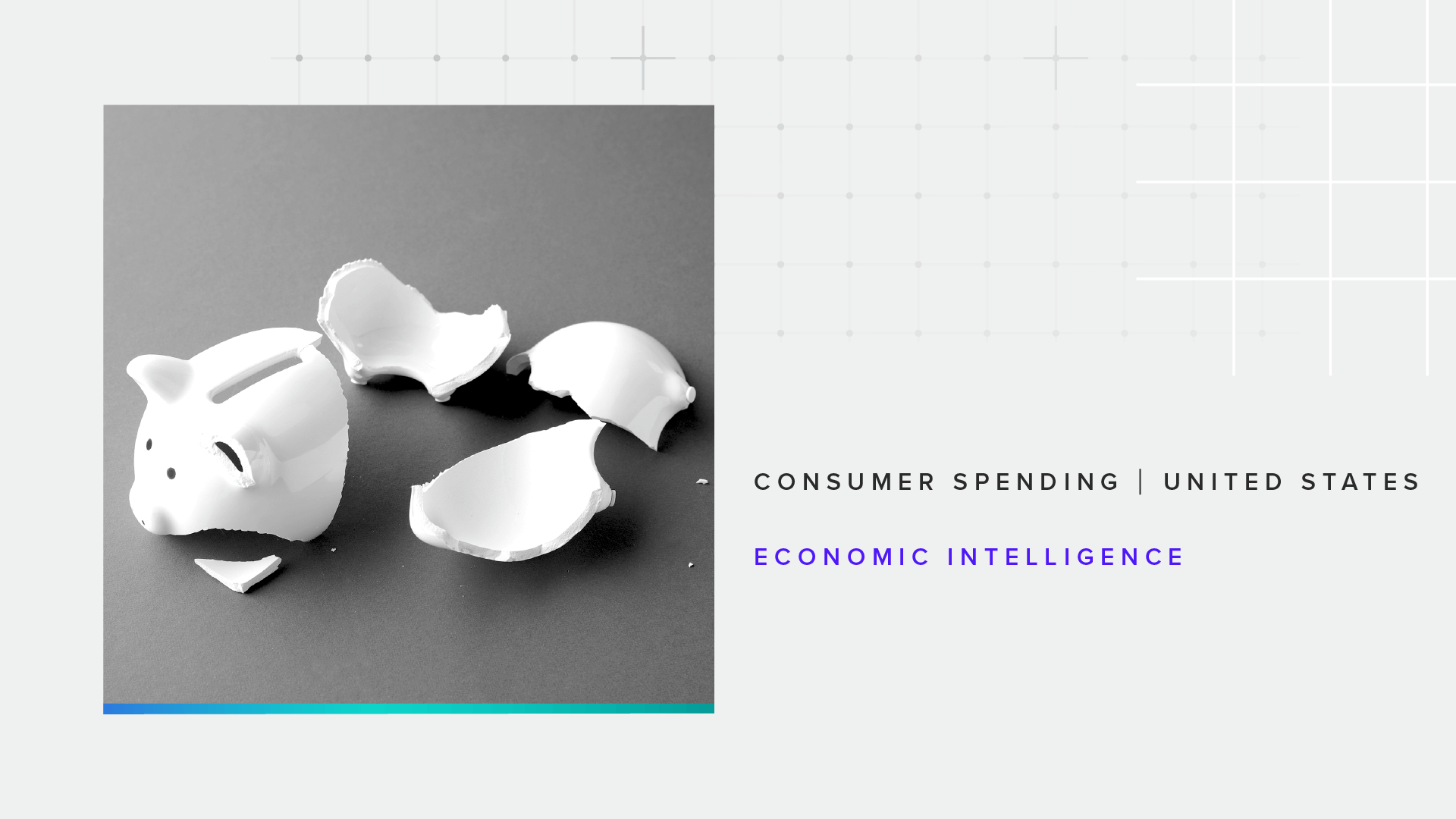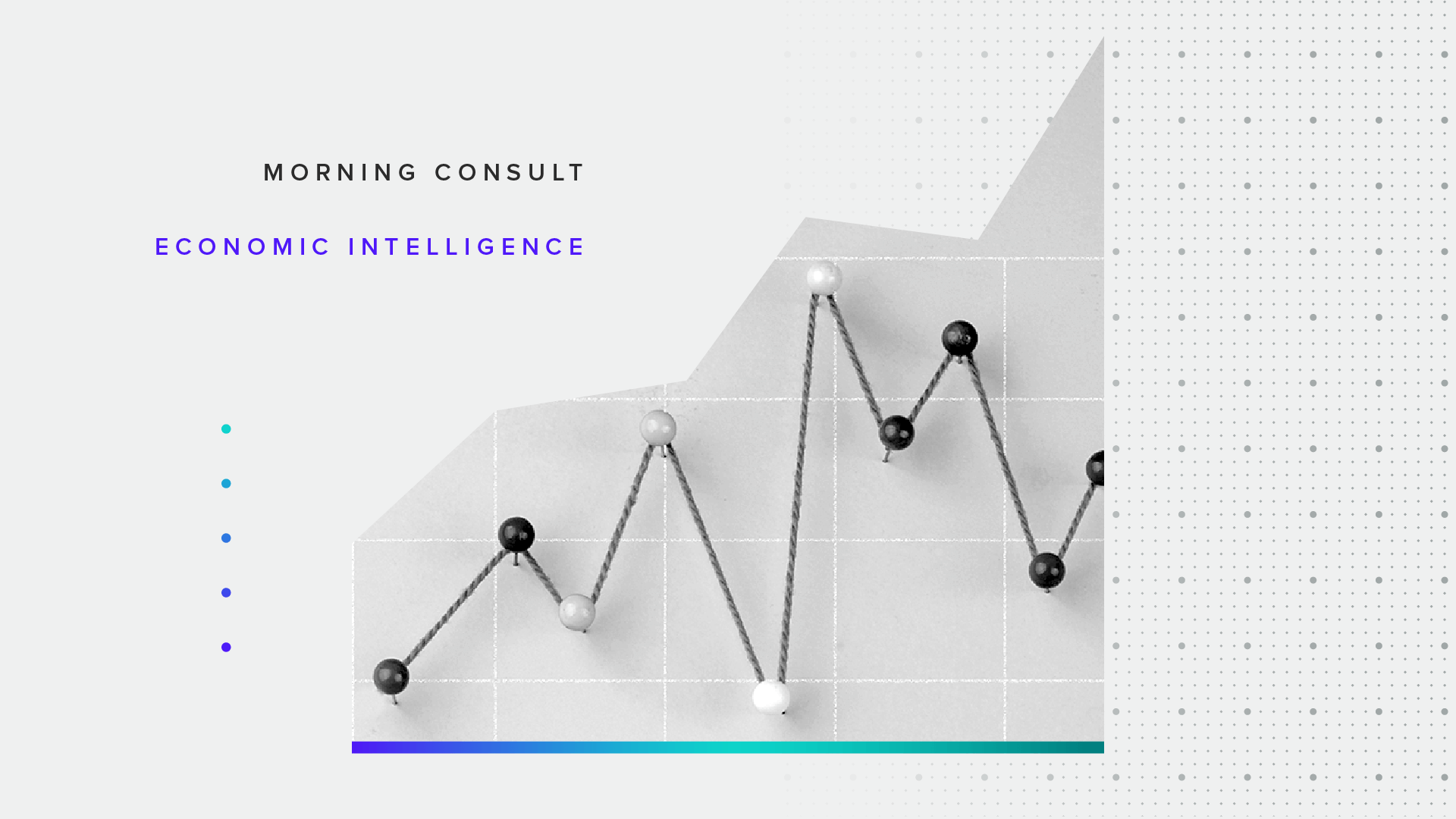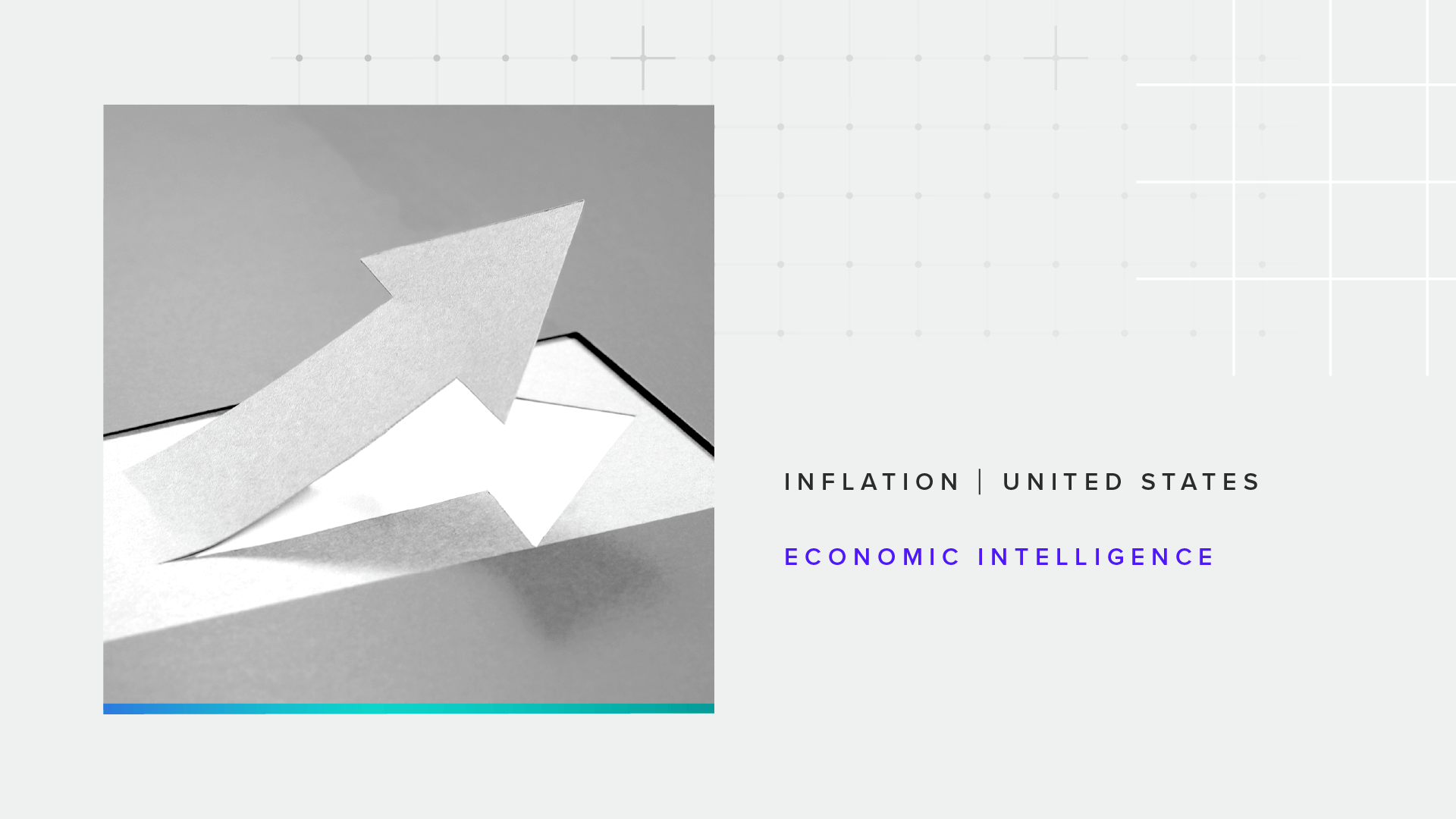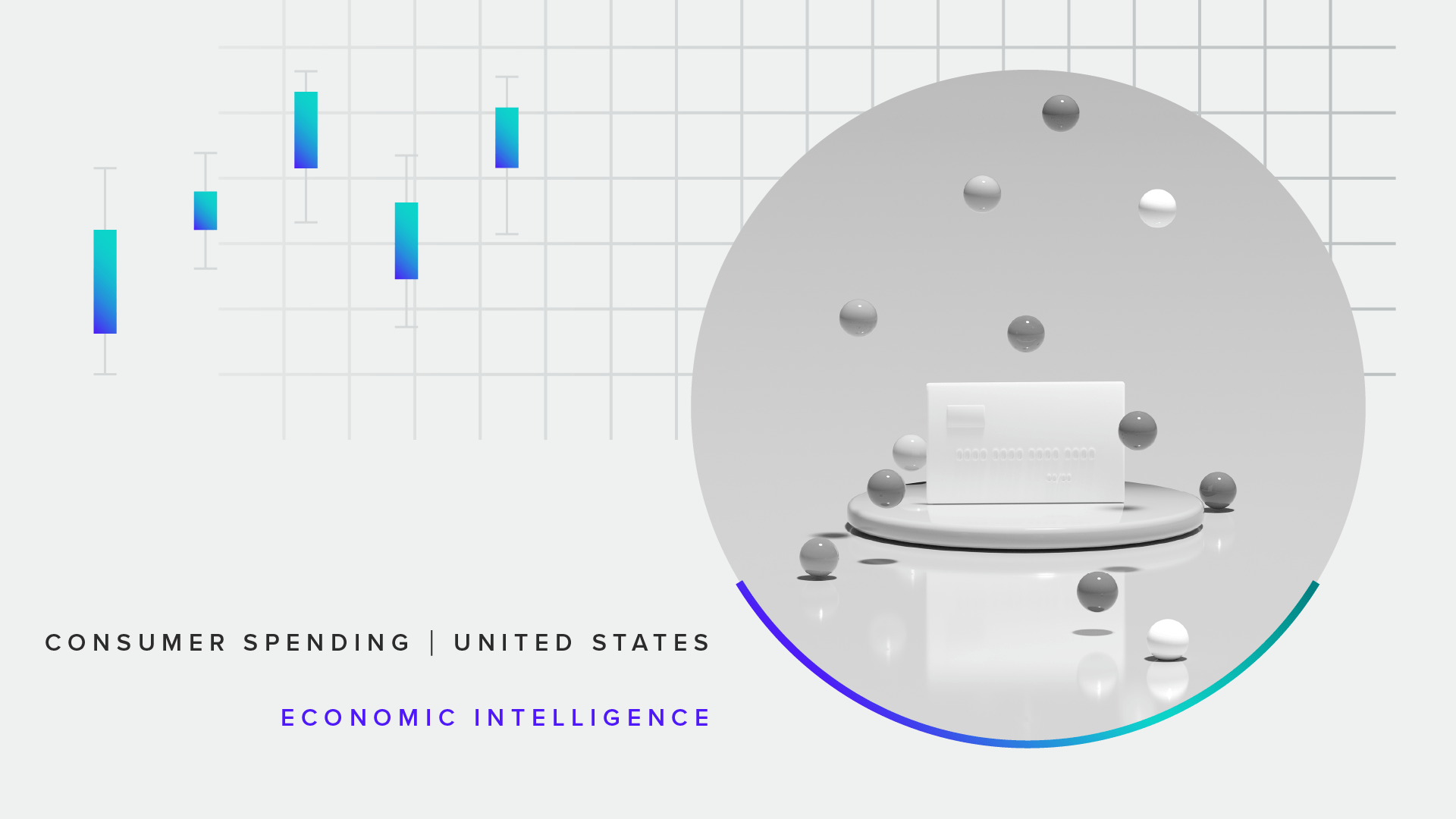
Economics
U.S. Consumer Spending & Household Finances: Middle Income Adults Are Losing Their Appetite for Spending
Report summary
Most U.S. consumers are spending more cautiously as the dual cost pressures from elevated prices and interest rates pinch household budgets. Rising incomes are helping to support demand growth for certain categories, particularly among more affluent consumers, however the average consumer is showing signs of cost fatigue.
Key Takeaways
- Consumer spending declined overall in April, though some retail and recreational categories benefitted from strong demand from certain consumer groups.
- Softer spending is being driven in part by deteriorating demand among middle-income adults, whose purchasing behaviors increasingly resemble the frugal habits of the lowest income cohort.
- Both GenZers and Millennials tend to spend more than adults overall, but the youngest adults are most able to prioritize discretionary splurges.
Data Downloads
Pro+ subscribers are able to download the datasets that underpin Morning Consult Pro's reports and analysis. Contact us to get access.
Highlights from this report
High income households are spending more while middle-income households show deteriorating demand. Adults from households earning $100,000 or more were the only group to expand purchases in April, while their lower earning peers cut back. The most substantial shift in purchasing patterns has occurred among the middle-income group—those earning $50,000 to $99,999 per year—who have shown a rapid decline in purchasing power since late 2023. While the strong spending observed in summer 2023 was driven by both middle- and high-earners, this year is unfolding differently so far, with only the top income cohort exhibiting an appetite to splurge. The middle income group has been more focused on paying down debts amid elevated interest rates, while reporting increased difficulty saving compared with a year ago.
High earners continue to drive spending strength, pulling away from lower earners

About the authors
Sofia Baig is an economist at decision intelligence company Morning Consult, where she works on descriptive and predictive analysis that leverages Morning Consult’s proprietary high-frequency data. Previously, she worked for the Federal Reserve Board as a quantitative analyst, focusing on topics related to monetary policy and bank stress testing. She received a bachelor’s degree in economics from Pomona College and a master’s degree in mathematics and statistics from Georgetown University.
Follow her on Twitter @_SofiaBaig_For speaking opportunities and booking requests, please email [email protected]
Kayla Bruun is the lead economist at decision intelligence company Morning Consult, where she works on descriptive and predictive analysis that leverages Morning Consult’s proprietary high-frequency economic data. Prior to joining Morning Consult, Kayla was a key member of the corporate strategy team at telecommunications company SES, where she produced market intelligence and industry analysis of mobility markets.
Kayla also served as an economist at IHS Markit, where she covered global services industries, provided price forecasts, produced written analyses and served as a subject-matter expert on client-facing consulting projects. Kayla earned a bachelor’s degree in economics from Emory University and an MBA with a certificate in nonmarket strategy from Georgetown University’s McDonough School of Business. For speaking opportunities and booking requests, please email [email protected]
Deni Koenhemsi leads Economic Analysis at Morning Consult. Previously, she was a senior associate at S&P Global, where she managed a team of economists, forecasted commodity prices and advised Fortune 500 companies on their procurement and planning decisions. She received a bachelor’s degree in international relations from the University of Richmond and a master’s degree in international economics from American University. For speaking opportunities and booking requests, please email [email protected]
Explore more

Measuring Consumer Spending: How Morning Consult’s Data Compares to Other Sources

Middle Class Americans Are Acting More Like Lower Income Earners

